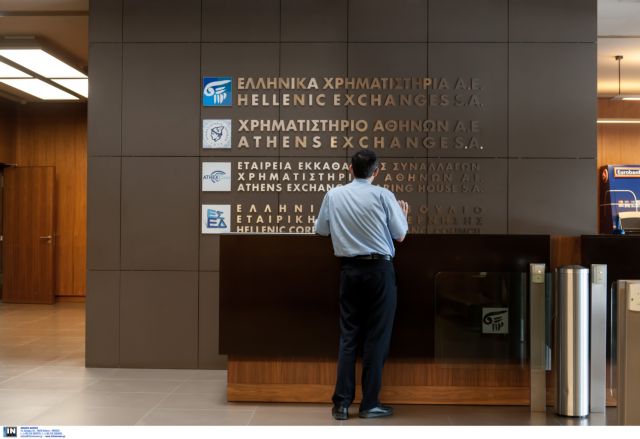After a three-week bank holiday, the banks finally reopened on Monday, albeit offering a limited range of services and with most of the capital controls remaining in place. While the market seems to be adapting to the new circumstances, the same cannot be said about the Athens Stock Exchange, which remains closed.
The last day the Athens Stock Exchange operated was on Friday, the 26th of June, when the general price index closed at 798 points and a 2% rise, which was attributed at the expectation of an agreement being reached between Greece and its international creditors. Instead of an agreement though, the referendum was called.
With the bank holiday over and most of liquidators now active, it appears that the Athens Stock Exchange may resume operations, however with many of the capital controls still in place, there is a serious danger of it turning into a two-speed seller’s market. According to the current legislation, Greek investors are not allowed to buy stock with their deposits, nor are they allowed to transfer their portfolios to foreign depositors. On the contrary, foreign investors may buy and purchase stock as they please and transfer their funds abroad.
The majority of stockbrokers argue that the stock exchange must open soon, otherwise there is a major risk of international investors abandoning the Greek market altogether. As such, foreign investors would welcome the reopening of the stock exchange, provided that there are given a freedom of movement, even if it means that the capital control restrictions on domestic investors remain in force. After all, they claim, a closed market cannot support grown by way of funding businesses.
In a recent press conference, the association of stockbrokers called the government to amend legislation so that investors can freely use the credit in their bank accounts. It appears that the government has informally agreed to allow brokers to use the funds of their clients in brokerages, which are about 35 billion euros.
Many agree that reopening the Athens Stock Exchange will require careful thinking and planning, as there is serious risk of banks “taking a beating” due to the surge in non-serviceable loans and the stress tests that will be carried out once again. On the other hand, with the recent agreement in Brussels including provisions for the recapitalization of the banks, some believe that the banks may actually benefit from the stock exchange reopening, arguing that despite the major uncertainty in 2011 and 2012, foreign investors participated in the recapitalization efforts.




